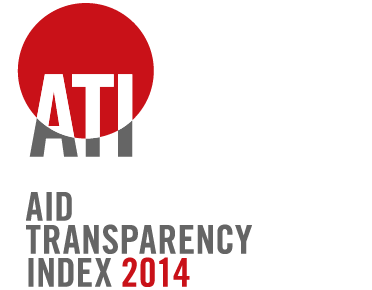Further Findings – #05.
Approaches to publishing results information
Back to OverviewResults information is vital for allowing the impact of aid to be measured, outcomes to be evaluated, best practices to be shared, and for facilitating accountability between different stakeholders. In recent years, many donors having adopted institutional results frameworks and set up units specifically focusing on measuring and monitoring results. Despite this, the 2014 ATI findings show that there has been little progress in the number of donors publishing results information consistently for their development activities.
As in previous years, very few organisations score on the results indicator in the Index: only 16 score in 2014. Barring the IMF and Korea, all of these are IATI publishers. However, the approaches adopted by the 14 IATI publishers differ. In IATI, results information can either be provided as data or in document links tagged against specific activities. Seven organisations, including the AfDB, AsDB, DFID, GAVI, IADB, UNDP and World Bank IDA publish results documents. The others use the IATI data field for reporting results: Canada and Sweden provide free-text descriptions of the expected or actual results, and Denmark, France MAEDI, the Global Fund, MCC and UNICEF publish information on indicators used for measuring results, along with targets and actuals (where available). The Global Fund and MCC in particular publish good quality results information – an example from MCC is provided below.
For 33 other organisations, results information was found to be published ‘sometimes’ on their websites. For these donors, results were either unavailable consistently for all activities sampled, or the information was aggregated at the programme or country level, meaning that expected or actual outcomes for individual projects could not be found.
As work on the results agenda continues, with innovative approaches to results-based management such as Payment by Results or Cash on Delivery being piloted, more research is needed to understand how organisations currently measure results, ways in which they report and use performance data, and the factors constraining the consistent publication of this information.

